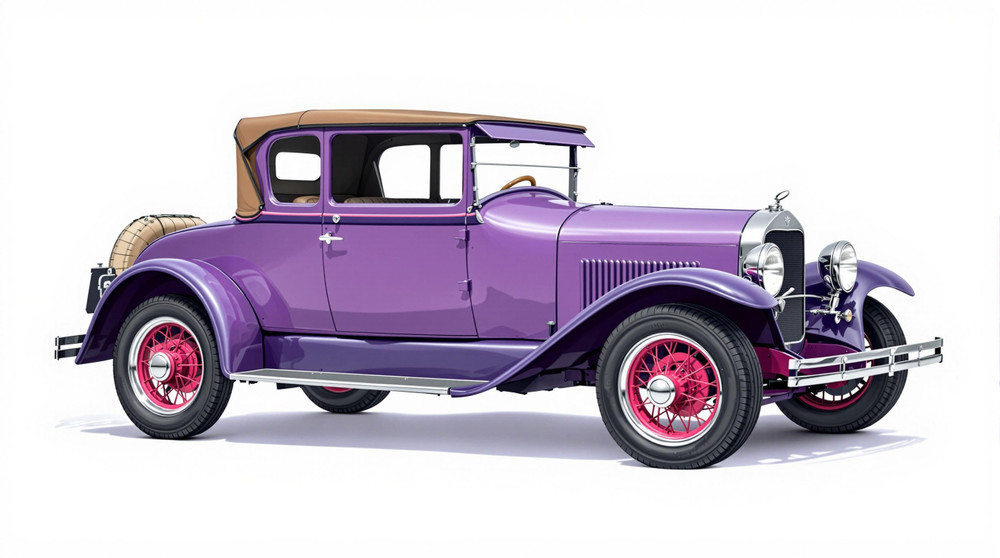Image of 1921 Nash Series 40, Note: These illustrations use artistic license and may differ from actual historical models.
Performance Metrics
Fundamental Metrics
Emotional Appeal
MMP Rating
| Engine Specifications | |
|---|---|
| Engine: | Inline 6 |
| Displacement: | 248 cubic inches |
| Horsepower: | Estimated 29-40 HP |
| Torque: | Not available |
| Compression Ratio: | Not available |
| Ignition System: | Battery and coil |
| Cooling System: | Water-cooled |
| Performance Specifications | |
| 0-60 Time: | Not available |
| 1/4 Mile Time: | Not available |
| Top Speed: | 50-55 mph |
| Transmission and Drive | |
| Drive Type: | Rear-wheel drive |
| Transmission Type: | 3-speed manual |
| Fuel and Efficiency | |
| Fuel System Type: | Carburetor |
| MPG: | Not available |
| Dimensions and Brakes | |
| Brakes: | Mechanical drum brakes |
| Wheelbase: | 121 inches |
| Weight: | Estimated 2,800 lbs |
Note: Specifications for classic cars are given to the best of our ability, considering the limited and variant data available.
Unveiling the 1921 Nash Series 40: A Pioneer of Automotive Excellence
Step into the annals of automotive history, and you'll find the 1921 Nash Series 40 comfortably nestled among the pioneers of early motoring excellence. Born from the innovative spirit of former General Motors President Charles W. Nash, who established Nash Motors in 1916, this vehicle emerged as a testament to American ingenuity in an era of rapid industrial change. The Series 40 was not just a car; it was a bold statement of durability, style, and comfort that would set a precedent for future generations of automobiles.
Design and Innovation: A Symphony of Style and Substance
The exterior of the Nash Series 40 was a harmonious blend of functionality and elegance. With its long, sweeping fenders and upright radiator grille, it exuded a sense of purpose and poise. The craftsmanship was evident in every curve and joint, with an attention to detail that spoke volumes about the quality standards of the time. Inside, passengers were greeted with an interior that prioritized comfort without skimping on luxury. High-grade materials adorned the cabin, offering a tactile experience that was both pleasing to the touch and durable enough to stand the test of time. Technological features such as advanced carburetion systems and a three-speed transmission put the Series 40 ahead of many competitors. Color options for the Series 40 were reflective of the era's tastes, with deep blues and rich blacks being popular choices among discerning buyers. The vehicle came in various body styles including sedans, coupes, and roadsters, but it was perhaps the touring car variant that captured the hearts of many with its open-air freedom and sociable seating arrangement.
Historical Significance: A Legacy Cast in Automotive Steel
The Nash Series 40 didn't just occupy a space in automotive history; it carved its own niche. Its significance lay in its ability to offer high-quality transportation at a price point that was accessible to a burgeoning middle class. This democratization of mobility would go on to influence car manufacturers for decades, as they sought to balance affordability with luxury. What truly set this car apart from its contemporaries was Nash's insistence on quality engineering and innovation. The use of all-steel bodies at a time when wood framing was commonplace not only improved safety but also durability—a move that would become industry standard in years to come.
Performance and Handling: The Thrill of Early Motoring
The 1921 Nash Series 40 may not have been a speed demon by modern standards, but its performance was impressive for its time. With a top speed that allowed for brisk travel on the open roads of early America, it offered an exhilarating driving experience. Handling was characterized by a sturdiness that instilled confidence on various terrains. The ride was smooth for a vehicle of its age, absorbing bumps with grace while providing drivers with direct feedback through its steering mechanism. The engine's hum and mechanical symphony provided an auditory backdrop to journeys long or short, making driving an immersive experience.
Ownership Experience: Beyond Just Getting From A to B
Owners of the Nash Series 40 used their vehicles for more than just daily commutes; they became symbols of status and technological marvels at local shows or even in early endurance races. Maintenance required some mechanical know-how but was generally straightforward thanks to Nash's commitment to reliability. Over time, common criticisms centered around fuel consumption—a nontrivial consideration during times when fuel efficiency began gaining importance.
Fun Facts: The Series 40's Place in History
The Nash Series 40 holds several interesting tidbits within its storied past. While not known for breaking speed records, it did set standards in manufacturing quality and vehicle longevity. Though exact production numbers are elusive, it is believed that thousands were produced—making them relatively rare today but not impossible for dedicated collectors to find. Celebrity ownerships were less common then than now, but owning a Nash indicated a level of discernment and sophistication that could rival any endorsement.
Collector's Information: A Valued Piece of Automotive Heritage
Today, the value range for a well-preserved or restored Nash Series 40 can vary widely depending on condition, originality, and historical provenance. It's estimated that prices can range anywhere from $20,000 to over $100,000 for pristine examples. As with many classic cars, values have generally appreciated over time as enthusiasts seek out these tangible pieces of history. Availability is sporadic; thus patience is key for collectors seeking to add this gem to their collection.
Conclusion: Celebrating Nearly A Century Of Motoring Majesty
From its inception through its evolution into an automotive icon, the 1921 Nash Series 40 represents an era where cars became more than mere transportation—they became companions on life's journey. As we reflect on this remarkable machine's legacy, we're reminded that innovation combined with dedication to quality can create timeless treasures on four wheels.
1921 Nash Series 40 Catalog of Parts
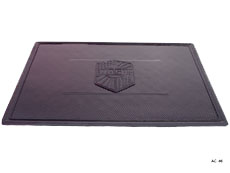 1921 Nash Series 40 Accessory Floor Mat - 12"X17"-AC 46Accessory Floor Mat - made of high quality black rubber with molded original emblem. Also designed to be sewn into new carpets. 12"X17", Each
1921 Nash Series 40 Accessory Floor Mat - 12"X17"-AC 46Accessory Floor Mat - made of high quality black rubber with molded original emblem. Also designed to be sewn into new carpets. 12"X17", Each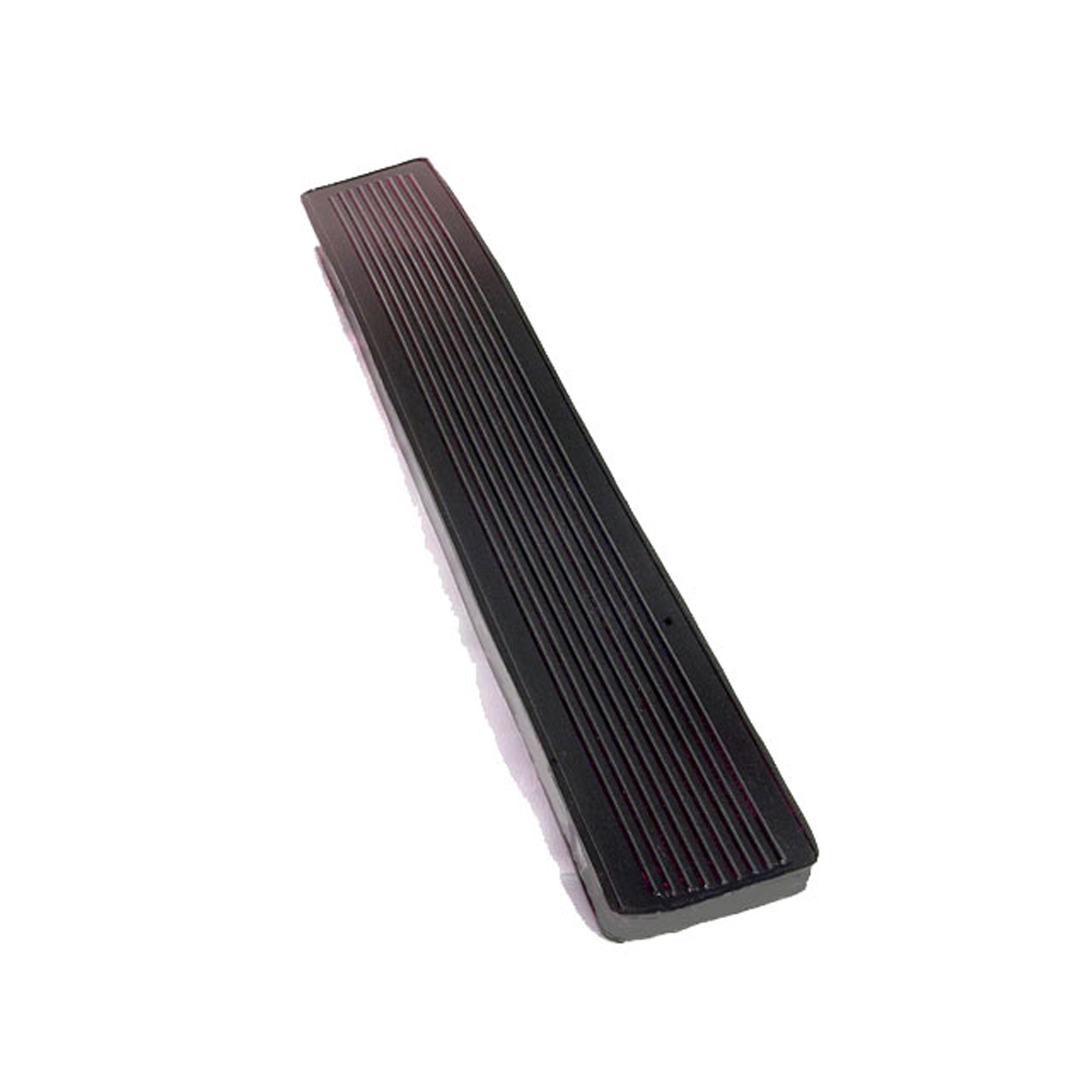 1921 Nash Series 40 Accelerator Pedal Pad, 1-1/2" X 9-3/4", Each-AP 21Accelerator Pedal Pad, 1-1/2" X 9-3/4", Each
1921 Nash Series 40 Accelerator Pedal Pad, 1-1/2" X 9-3/4", Each-AP 21Accelerator Pedal Pad, 1-1/2" X 9-3/4", Each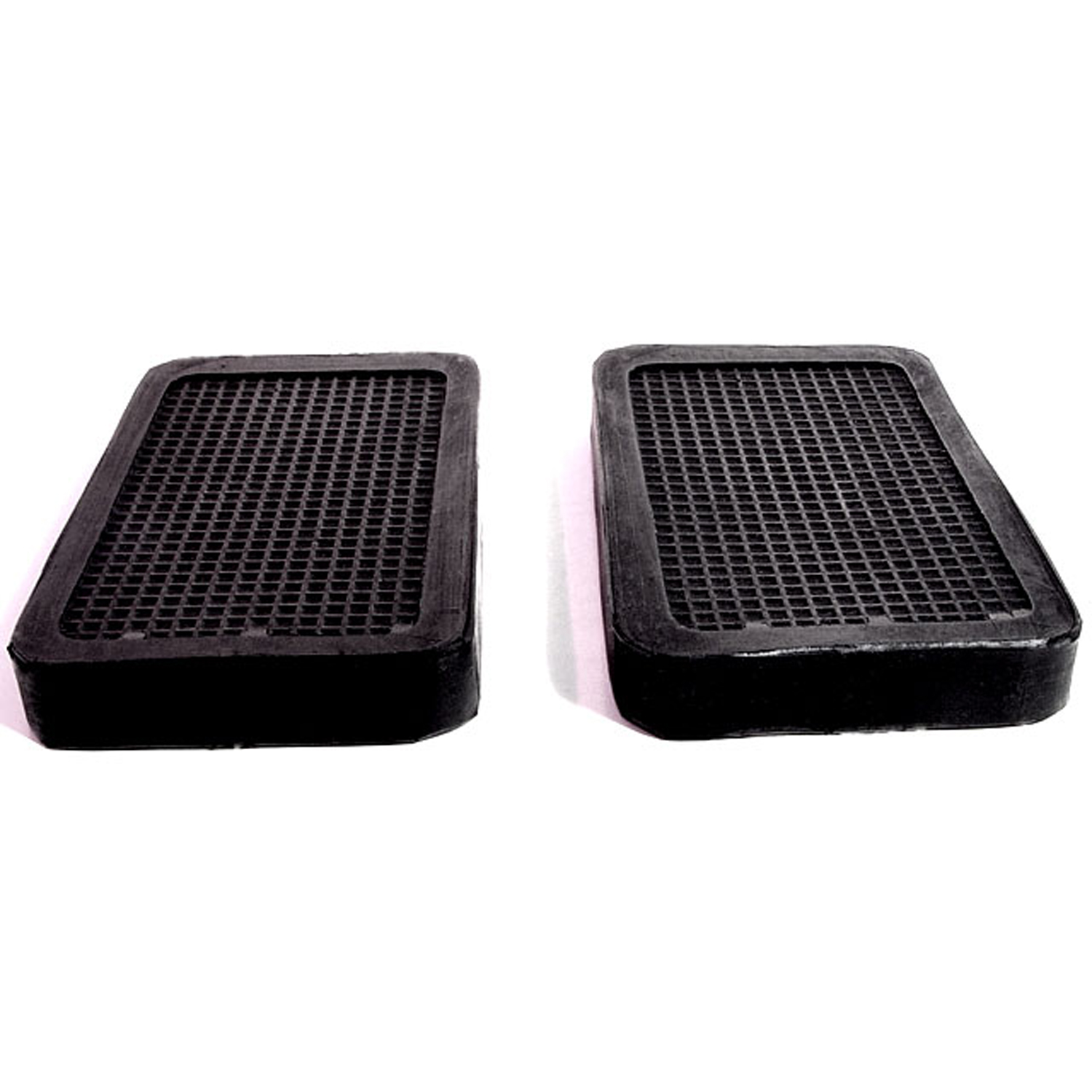 1921 Nash Series 40 Clutch and Brake Pedal Pads. 2-1/4" wide X 4" long. Pair-CB 20Clutch and Brake Pedal Pads. 2-1/4" wide X 4" long. Pair
1921 Nash Series 40 Clutch and Brake Pedal Pads. 2-1/4" wide X 4" long. Pair-CB 20Clutch and Brake Pedal Pads. 2-1/4" wide X 4" long. Pair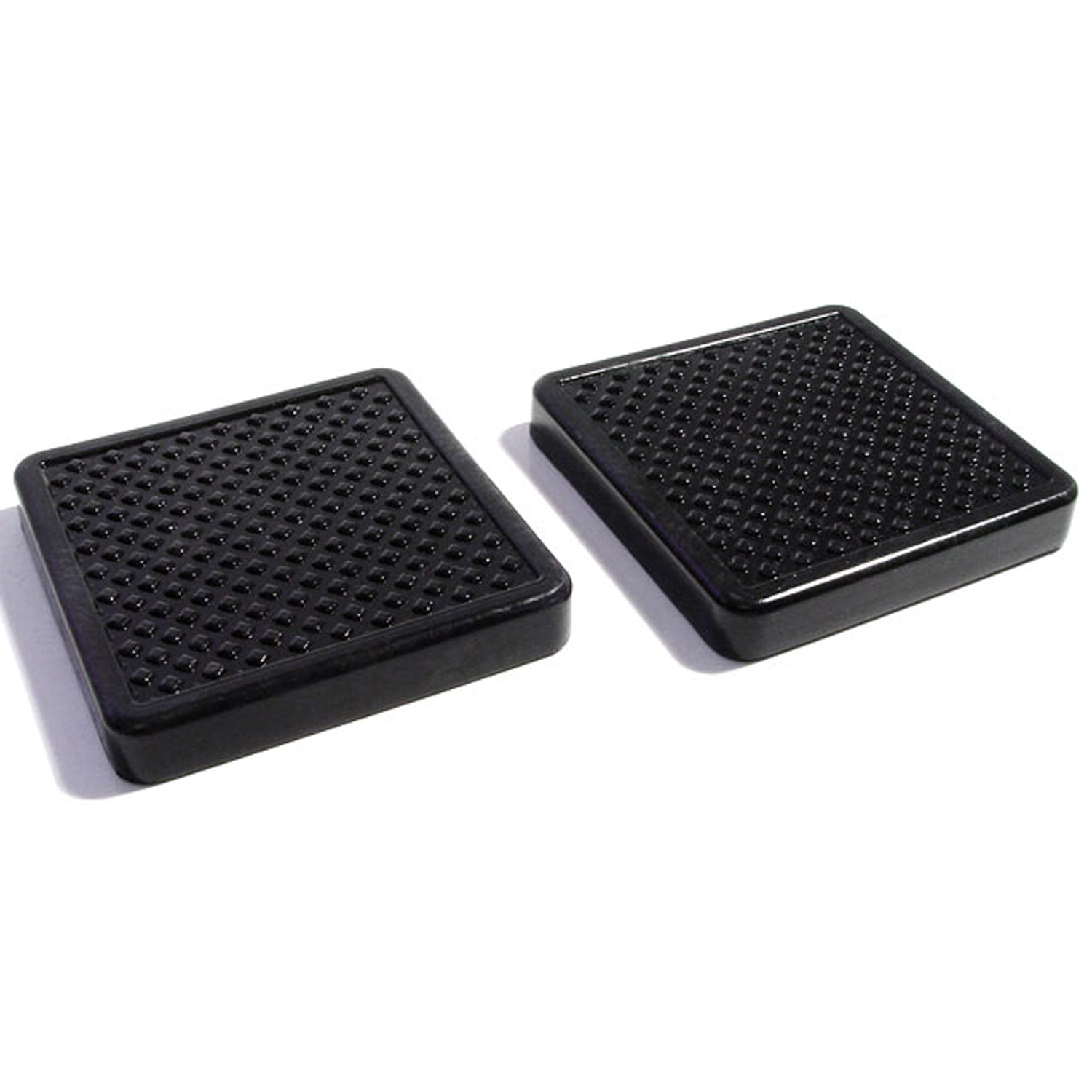 1921 Nash Series 40 Clutch and Brake Pedal Pads. 3" wide X 3" long. Pair-CB 47Clutch and Brake Pedal Pads. 3" wide X 3" long. Pair
1921 Nash Series 40 Clutch and Brake Pedal Pads. 3" wide X 3" long. Pair-CB 47Clutch and Brake Pedal Pads. 3" wide X 3" long. Pair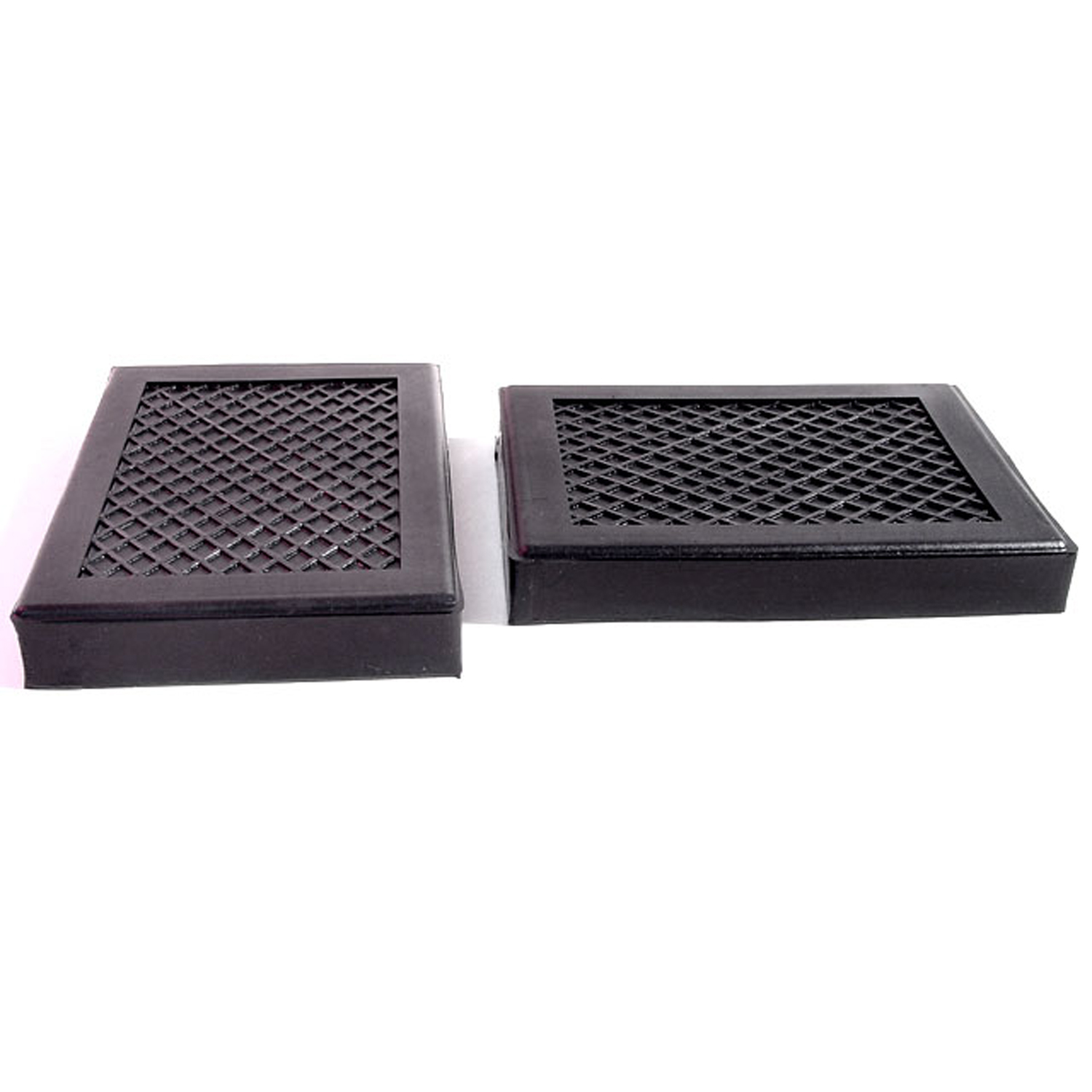 1921 Nash Series 40 Clutch and Brake Pedal Pads. 2-3/4" wide X 3-7/8" long-CB 48Clutch and Brake Pedal Pads. 2-3/4" wide X 3-7/8" long. Pair
1921 Nash Series 40 Clutch and Brake Pedal Pads. 2-3/4" wide X 3-7/8" long-CB 48Clutch and Brake Pedal Pads. 2-3/4" wide X 3-7/8" long. Pair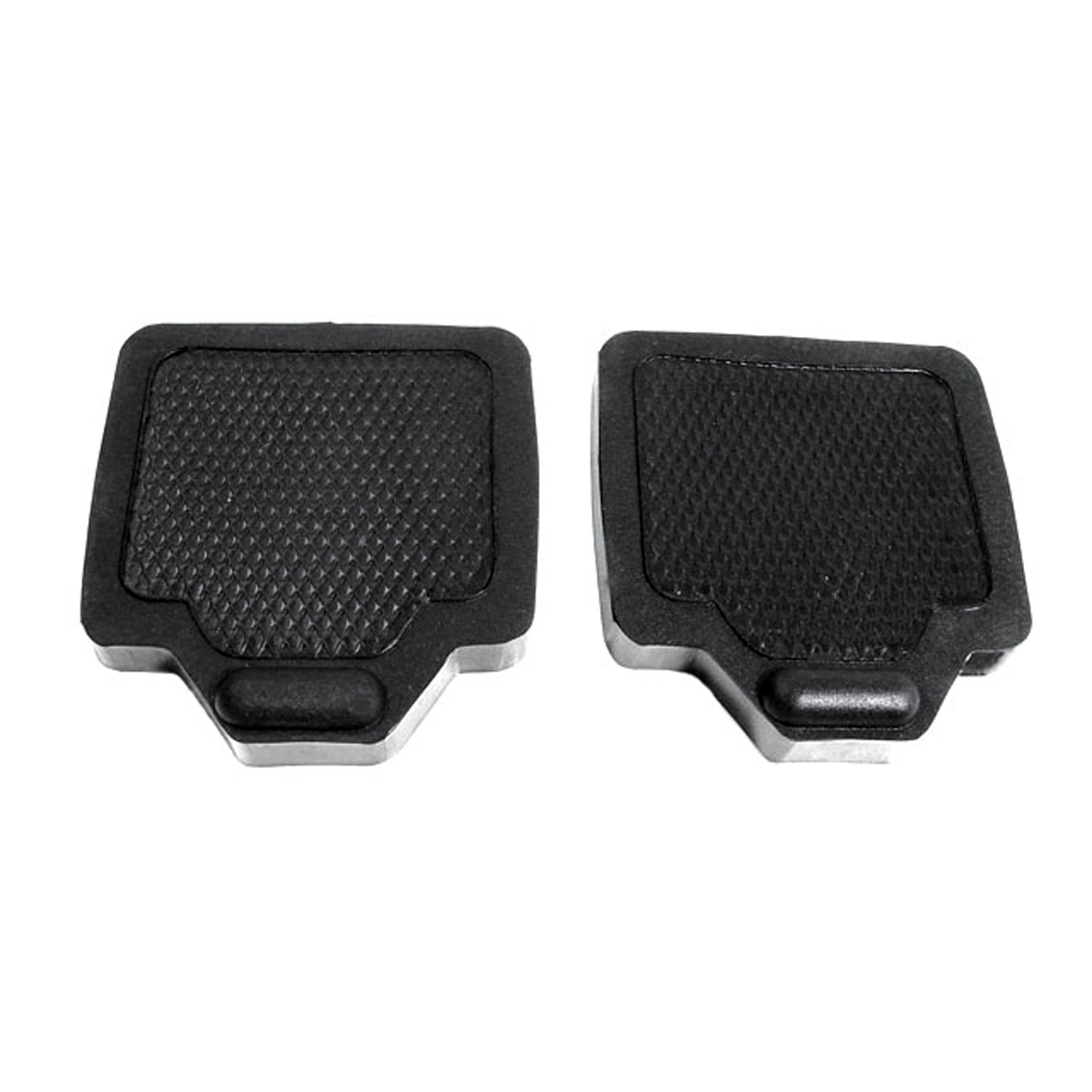 1921 Nash Series 40 Clutch and Brake Pedal Pads. 3-1/2" wide X 3-7/8" long-CB 55Clutch and Brake Pedal Pads. 3-1/2" wide X 3-7/8" long. Pair
1921 Nash Series 40 Clutch and Brake Pedal Pads. 3-1/2" wide X 3-7/8" long-CB 55Clutch and Brake Pedal Pads. 3-1/2" wide X 3-7/8" long. Pair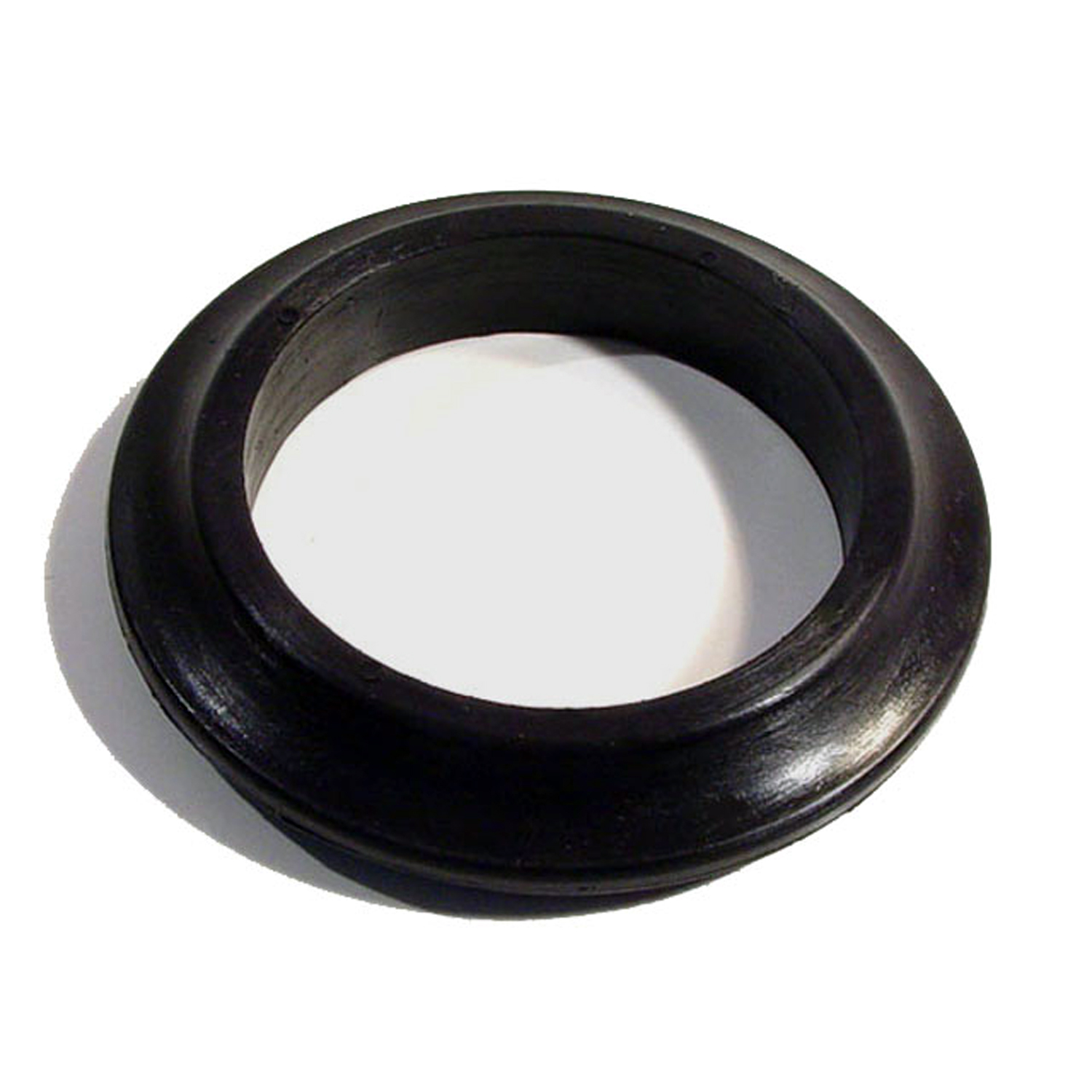 1921 Nash Series 40 Gas Filler Grommet. 2-1/4" I.D., 3-5/16" O.D. Each-GF 21Gas Filler Grommet. 2-1/4" I.D., 3-5/16" O.D. Each
1921 Nash Series 40 Gas Filler Grommet. 2-1/4" I.D., 3-5/16" O.D. Each-GF 21Gas Filler Grommet. 2-1/4" I.D., 3-5/16" O.D. EachWhy Choose Metro?
For over 100 years, Metro Moulded Parts has been the pinnacle of quality in classic car restoration parts. Our commitment to precision and authenticity in every component ensures a perfect fit and an OEM-level appearance.
- Expert Craftsmanship & Quality: Each part is a testament to our dedication to reliability and perfection, crafted from original designs and thoroughly tested.
- Advanced Technology: We use cutting-edge techniques to create flawless, long-lasting parts that surpass others in performance.
- SuperSoft Sponge – The Ultimate Door Seal: Not only are our door seals 30% softer than competitors', but they're also guaranteed to never leak. They effectively reduce wind and road noise, enhancing your classic car's comfort and driving experience.
- Proudly American: Our parts are a product of American craftsmanship, made in the USA with a spirit of excellence and heritage.
- Unrivaled Warranty: We back our products with a 30-year industry-leading warranty, a testament to our confidence in their quality.
Join us in preserving the legacy of classic cars with parts that are crafted for perfection, not just made.

